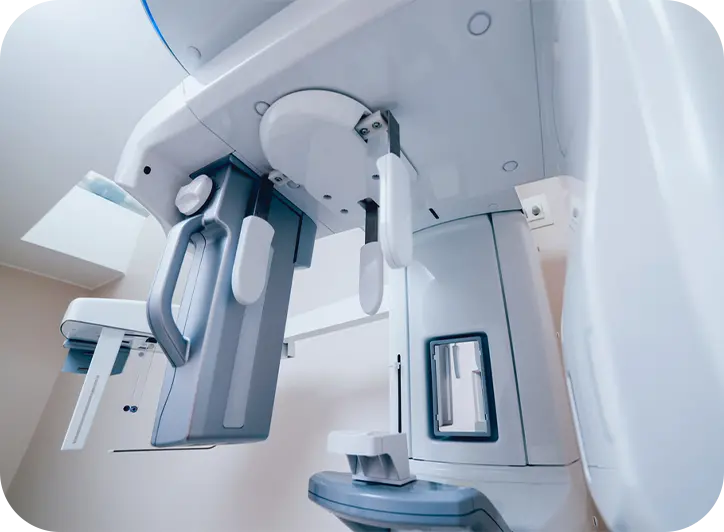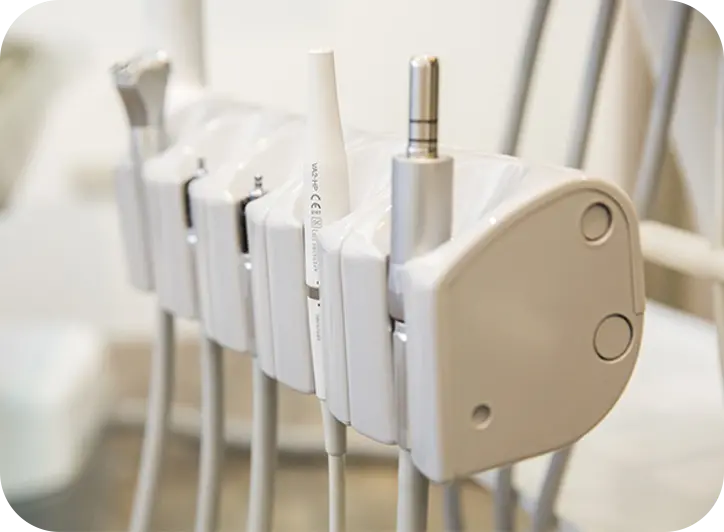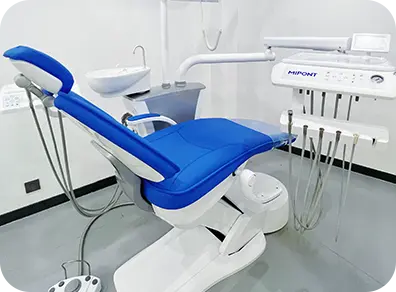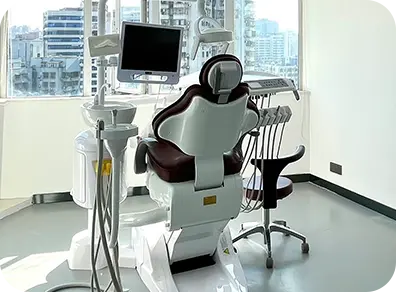《北上洗牙要唔要提前禁食?》
Heading up north for a dental clean—maybe Chiang Mai or Chiang Rai for a quick sabai sabai getaway and a polished smile—many people wonder: do you need to fast before scaling? Short answer: for a routine dental cleaning (scaling and polishing), you normally do not need to fast. Eat as usual, keep calm, and mai pen rai.
What exactly is “scaling”?
Scaling is a professional clean where your dentist or hygienist removes plaque and tartar from above and below the gum line. This helps prevent gum disease, keeps your breath fresher, and makes your teeth feel super smooth. It’s not surgery, no cutting, and usually no injections. Most appointments take 30–60 minutes, depending on how much buildup you have.
So, do you need to fast?
For a standard scaling and polishing, fasting isn’t required. In fact, arriving with an empty stomach can make some people feel light-headed, especially if your appointment is in the late morning. It’s okay to have a light meal and drink water as usual. Brush your teeth before you go (but gently—don’t scrub too hard) and floss if you can.
Why do people think fasting is needed?
There’s sometimes confusion because certain dental procedures require fasting—like when sedation or general anesthesia is involved. Some clinics also suggest avoiding heavy meals right before any dental work to reduce gagging or nausea, but that’s more comfort than medical necessity for a simple clean.
When fasting might be necessary
- IV sedation or general anesthesia: If your clinic up north offers sedation dentistry for patients with dental anxiety, they may use IV sedation. In that case, fasting is usually required: no solid food for 6–8 hours beforehand, and only clear liquids up to 2 hours before (no milk, coffee with milk, or juices with pulp). Always follow the specific instructions your clinic gives you.
- Nitrous oxide (“laughing gas”): Commonly used for mild anxiety. No strict fasting is needed, but it’s wise to avoid a heavy, oily, or spicy meal just before to prevent nausea.
- Special medical cases: If you have certain health conditions or are taking medications that affect bleeding or blood sugar, your dentist may give tailored advice. For example, if you’re diabetic, do not skip meals for a routine scaling; bring a snack in case your blood sugar dips.
Pre-appointment tips if you’re going up north
- Eat light, not heavy: A simple breakfast—think rice soup or fruit—is nicer than a big, deep-fried feast. Avoid strong garlic right before if you’re worried about breath, but don’t stress; the hygienist has seen it all.
- Take your regular meds: Don’t stop medicines without your doctor’s advice. Bring a list of what you’re taking.
- Hydrate: Drink water as normal. If your appointment is long, a hydrated mouth is happier.
- Oral hygiene: Brush gently and floss the night before. No need to brush right at the cli

nic door; they’ll clean thoroughly anyway.
- Arrive on time: Northern clinics, especially in Chiang Mai’s old town or Nimmanhaemin area, can be busy. Plan for traffic and parking.
- Language and payments: Most dental clinics serving visitors in the north have English-speaking staff. Cash and card are widely accepted; some offer VAT receipts if needed.
What to expect during scaling
You’ll sit back, pop on the bib, and the clinician will use ultrasonic scalers (they buzz a bit) and hand instruments to remove tartar. You might feel mild sensitivity at the gum margins, especially if it’s been a while since your last clean. They’ll rinse often, and you may be asked to bite down on cotton rolls briefly. Many clinics finish with polishing to remove surface stains from coffee, tea, or khao niao snacks.
Aftercare: what to do post-clean
- Slight sensitivity is normal: This can last a couple of days. Use a desensitizing toothpaste and avoid ice-cold drinks immediately after.
- Skip strong color foods for a few hours: Coffee, dark tea, red wine, and turmeric-rich curries can re-stain quickly. Not forever—just give your freshly polished teeth a little breather.
- Gentle brushing: Twice daily with a soft brush. Don’t be aggressive; technique beats force.
- Floss nightly: Your gums may bleed a bit if they’re not used to flossing. This usually settles within a week as your gum health improves.
- Fluoride help: If offered, a fluoride treatment boosts protection. If not, a regular fluoride toothpaste does the job.
Common FAQs
- Can I drink coffee before my appointment? Yes, but a lighter option is better. If you’re sensitive to gagging, avoid a big latte just before—go for water and sip your coffee after.
- Will I need antibiotics? Only certain heart conditions or specific medical advice require antibiotics. Routine scaling doesn’t need them.
- What if I have braces or retainers? Scaling is safe and recommended. Tell the clinic so they can use the right instruments.
- How often should I get scaling? Most people do well with every 6 months. If you have gum disease or heavy tartar buildup, your dentist may suggest every 3–4 months.
A note for nervous patients
If you’re anxious, many northern clinics are very kind and sabai sabai in approach. Tell them you’re nervous; they can use numbing gel in tender areas, schedule short breaks, or discuss nitrous oxide. No fasting for nitrous, but do avoid heavy meals right before.
Bottom line
If you’re heading north for a simple scaling and polishing, you don’t need to fast. Eat light, arrive on time, and let the professionals take care of the rest. Fasting only applies when sedation or general anesthesia is planned—your clinic will tell you clearly if that’s the case. For most of us, it’s same same but different: keep your normal routine, enjoy your trip up north, and leave with a cleaner, brighter smile.




























